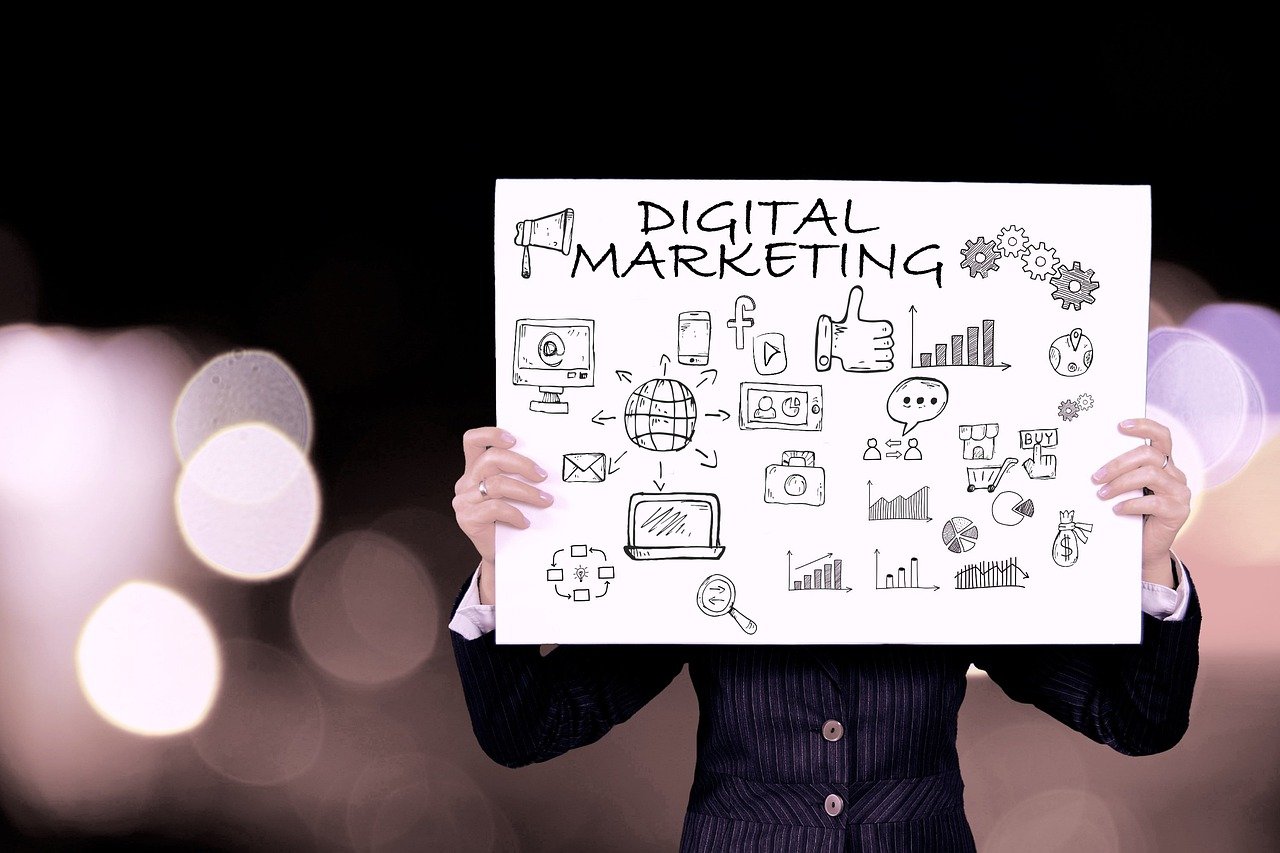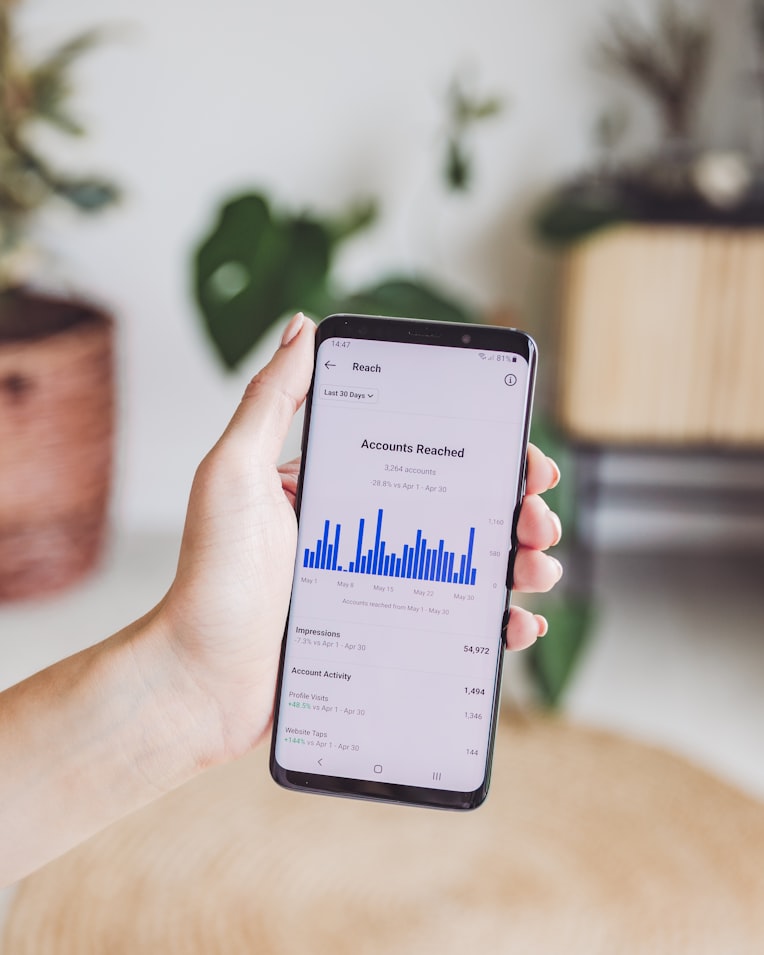
Eager to know, “What is Digital Marketing”? In today’s digital age, where virtually every aspect of our lives is intertwined with technology, the significance of digital marketing and its key components cannot be overstated.
From small businesses to multinational corporations, understanding and harnessing the power of digital marketing has become imperative for success in the competitive landscape of the modern world.
But what is digital marketing, and why is it so important? Let’s delve in-depth into this dynamic world.
Definition: What is Digital Marketing and Why is it important?
Digital marketing engages all marketing efforts that employ electronic devices and the internet. Unlike traditional marketing, which relies primarily on print media, television, and radio, it leverages online platforms such as search engines, social media, email, and websites to reach and engage with target audiences.
We understood: What is Digital Marketing? Now, why is digital marketing so important in today’s business landscape?
1. Widespread Internet Usage:
With the proliferation of Internet access across the globe, more people are spending significant amounts of time online. This presents businesses with immense opportunities to connect with their target audiences through various digital channels.
2. Increased Mobile Adoption:
The widespread use of smartphones and other mobile devices has revolutionized how people consume information and interact with brands. Mobile-friendly websites, apps, and targeted mobile advertising are essential components of any digital marketing strategy to reach users on the go.
3. Targeted Audience Reach:
Digital marketing lets businesses precisely reach their desired audience based on demographics, interests, behavior, and other factors. This targeted audience reach ensures that marketing messages reach the right people at a specific time, increasing the likelihood of engagement and conversion.
4. Cost-Effectiveness:
Compared to online marketing methods like print ads or TV commercials, digital marketing offers a more cost-effective way to reach a large audience. With tools like pay-per-click (PPC) advertising, businesses can control their spending and optimize their campaigns for maximum return on investment (ROI).
5. Measurable Results:
One of the key advantages of digital marketing is its ability to provide real-time and actionable insights into campaign performance. Through analytics tools, businesses can track metrics such as website traffic, conversion rates, email open rates, and social media engagement, allowing them to refine their strategies for better results.
6. Enhanced Customer Engagement:
Digital marketing lets businesses engage with their audience in an interactive and meaningful manner. Through social media interactions, personalized email campaigns, live chat support, and other channels, businesses can build relationships with customers, address their needs, and foster brand loyalty.
7. Global Reach:
Unlike traditional marketing, which is often limited by geographical boundaries, digital marketing allows businesses to reach a global audience with relative ease. With the right digital strategy, even small businesses can compete on a global scale and expand their market reach beyond local boundaries.
Digital marketing has become indispensable for businesses of all sizes and industries in today’s digital-first world. By leveraging digital channels effectively, businesses can increase their visibility, engage with their target audience, drive conversions, and ultimately, achieve their marketing objectives cost-effectively and measurably.
As we have discussed in detail: What is Digital Marketing and its importance? Now, we will discuss what are the main key components of Digital Marketing.
Enlist the Main Key Components of Digital Marketing.
Now, we have understood: What is Digital Marketing and Why is it important? It is time to discuss the key components:
1. Search Engine Optimization (SEO):
SEO is the procedure of optimizing your website to boost its visibility in search engine results pages (SERPs). By enhancing your website’s relevance and authority, SEO helps drive organic traffic and improve your site’s ranking, ultimately increasing your online visibility.
2. Content Marketing:
Content lies at the heart of digital marketing. Whether it’s blog posts, articles, videos, infographics, or social media posts, compelling content attracts, educates, and engages your audience. A well-crafted content marketing strategy can establish your brand’s authority, foster trust, and drive conversions.
3. Social Media Marketing:
With billions of users worldwide, social media platforms provide unlimited opportunities for businesses to interact with their target audience. Through strategic content creation, community engagement, and advertising, media marketing enables brands to build relationships, amplify their reach, and drive traffic to their websites.
4. Email Marketing:
Despite the rise of various communication channels, email marketing remains a powerful tool for nurturing leads and fostering customer relationships. Personalized email campaigns allow businesses to deliver tailored messages, promote products or services, and drive conversions effectively.
5. Pay-Per-Click (PPC) Advertising:
PPC advertising lets businesses reveal ads on search engines and other online platforms, paying only when users click on their ads. With precise targeting options and real-time performance tracking, PPC campaigns can generate immediate results and maximize ROI.
Frequently Asked Questions
What is Digital Marketing?
Digital marketing refers to the use of digital channels such as the Internet, social media, email, and mobile apps to promote products or services, connect with target audiences, and drive business growth.
What is Digital Marketing Campaign?
A digital marketing campaign is a focused, strategic effort aimed at achieving specific marketing objectives using digital channels. It typically involves planning, executing, and measuring various online marketing tactics to reach and engage target audiences and achieve desired outcomes, such as increasing brand awareness, driving website traffic, or generating leads.
What is Digital Marketing Course?
A digital marketing course is an educational program or training that covers the principles, strategies, tools, and techniques of digital marketing. These courses are designed to equip individuals with the knowledge and skills needed to effectively plan, execute, and manage digital marketing campaigns.
Conclusion
What is Digital Marketing? Digital Marketing represents a fundamental shift in the way businesses promote their products and services in the digital age. By embracing digital channels and leveraging the power of technology, businesses can expand their reach, engage with their audience, and drive measurable results.
Whether you’re a startup looking to establish your brand or a seasoned enterprise aiming to stay competitive, understanding and embracing digital marketing is essential for long-term success in today’s digital-first world.



